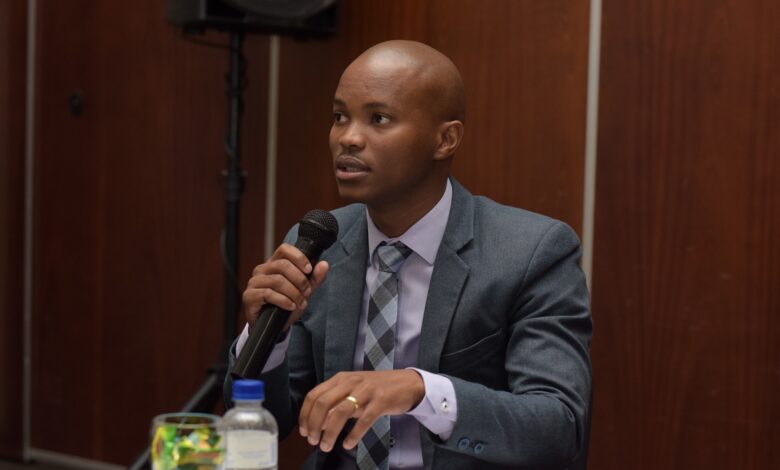Do Local Banks Have The Right Risk Appetite To Help Grow Our Economy?-Ratshosa. Seatla Pando Ratshosa is a finance expert with a wide range of financial advisory services that include financial consultancy, training and wealth management. He is also a book author and the writer of a financial literacy book ‘Masheleng’. Ratshosa has over eight thousand followers on Facebook and recently took to his social media to discuss bank status on growing the economy;
“Some 12 years ago when I was first introduced to the business of banking as a relationship manager for small, medium enterprises, my core responsibility was to grow the balance sheet mainly through loans to small businesses. Competition back then used to be fierce, you visited a client and you would find another relationship manager from another bank leaving their offices. We would chase, negotiated ridiculously low interest rates, and we were always at the mercy of clients either saying yes or no to our offer.
Most of the small business owners back then were older people in their 50’s and up. Their risk appetite was very low. They didn’t wish to expand aggressively hence the difficulty in extending debt to them. Most of them held very healthy bank accounts and had good balance sheets in terms of assets they could offer the bank as security, so most banks had great appetite for this lot. This type were never to impact the economy in any big way, they were comfortable employing 2 to 3 people for over 15 years and using the same 25sq office with 2 parking bays for the director and one for clients.
Fast forward 6 years later, a more vibrant, young set of entrepreneurs were introduced to the market. This type had more appetite to take on risky transactions, they frequented the banking halls, sharing their innovative ideas, coming up with sophisticated transactions in international trade and sometimes with partnerships of countries we had never done business with. Banks were never really ready for this lot. The new breed were not loyal to any bank, they would change banks like underwear, hopping from one bank to another in search of lending facilities.
Banks which were aggressive enough to try and meet this demand were met with some serious non-performing loans, turning to bad debts and a significant impact on their bottom line. Shareholders, who are mostly institutions and wealthy individuals in their 60’s couldn’t have been happy with this. For them, a 1 digit growth is enough for their investments. Banks then switched their focus from lending to transacting, that is, they are now making more money from you through the transactions you make than from lending money to you. With new and innovative technological advances, these fees have been increasing by number over the years and will continue.
Banks hold the bulk of the money in the market, from individual deposits, businesses and government accounts. If they can’t lend out money to businesses aggressively, new businesses can’t be formed, existing businesses can’t grow, no jobs can be created, and we will be stuck with an economy of a very wealthy financial sector and a poor economy.
What needs to be done to remedy this situation without negatively affecting the bottom line of these institutions?
#ignytwealth #financialinclusion #ma$heleng #ideastogrowoureconomy”




